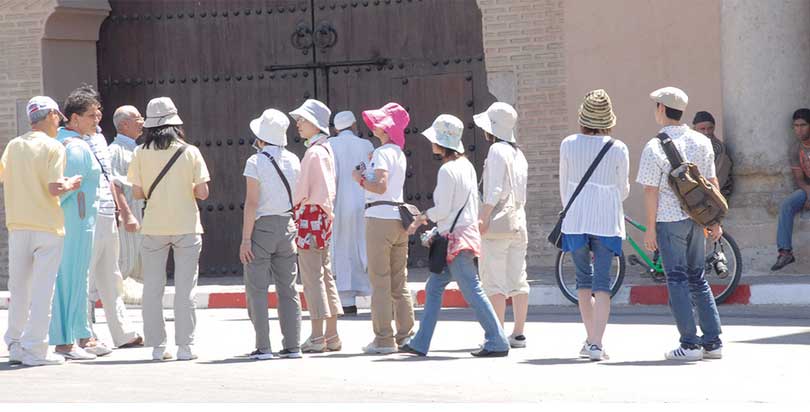Do tour guides must know everything?

If you are considering tour guide as a career, you may find yourself asking, “Do tour guides need to know everything?” After all, the role of a tour guide is to provide insightful, engaging, and informative tours. So, it’s natural to assume that they should be walking encyclopedias. However, the reality is a bit more nuanced. This article explores the extent of knowledge required by tour guides and how it shapes the tour experience.
The Expertise of Tour Guides
Contrary to popular belief, tour guides don’t need to know everything. They are not expected to be omniscient beings with an infinite knowledge repository. Their role, instead, is to be informed about the specific places and subjects they cover. They need to have a comprehensive understanding of the tour area’s history, culture, geography, and unique features.
However, it’s not just about factual knowledge. The real art of tour guiding lies in storytelling. Guides need to weave together facts and anecdotes, creating compelling narratives that captivate audiences and make the experience memorable.
The Power of Continuous Learning
While tour guides don’t need to know everything, continuous learning is a critical aspect of their job. They need to stay updated about changes and developments related to their tour areas. This could involve tracking restoration projects, understanding shifts in local policies, or following archeological discoveries.
Moreover, they should also foster a curiosity for the unknown. When faced with questions they don’t know the answers to, the best guides will admit their lack of knowledge and take it as an opportunity to learn something new. This highlights the importance of humility and openness in the profession.
Embracing Technology
In the age of digital information, technology has become an indispensable tool for tour guides. It has not only made accessing information easier but has also opened up new avenues for enhancing the tour experience. Virtual reality tours, augmented reality applications, and mobile tour apps are some examples of technology being integrated into modern guided tours.
However, while technology can supplement a tour guide’s knowledge, it cannot replace the human touch that guides bring to the tours. Their personal insights, unique perspectives, and passion for the place cannot be replicated by machines.
Conclusion
So, do tour guides need to know everything? The answer is a clear no. They need to be well-informed and updated about their specific area of expertise, and they should possess the ability to deliver this information in an engaging manner. Their role goes beyond mere knowledge dissemination – it’s about sharing experiences, sparking curiosity, and creating lasting memories. Keep this in mind the next time you’re on a guided tour, and you’ll appreciate the nuanced art of tour guiding even more.
What a tour guide must know?
A proficient tour guide should have a comprehensive understanding of the tour site, including its history, culture, and significance. They must also be aware of safety protocols, be skilled in storytelling, and possess exceptional communication abilities to interact with diverse tourist groups.
What are the most important responsibilities of a tour guide?
A tour guide’s primary responsibilities include ensuring tourists’ safety, providing informative and engaging descriptions of sites, managing group dynamics, and handling emergencies effectively. Their role also involves fostering a positive, memorable, and immersive travel experience for all participants.
What should a tour guide not do?
A tour guide should avoid displaying bias or prejudice, neglecting safety protocols, sharing inaccurate information, or ignoring tourists’ queries and concerns. They should not act unprofessionally, disrespect local customs, or fail to cater to the different needs of the group members.
Which three skills are most important for a tour guide?
The three pivotal skills for a tour guide include effective communication, profound knowledge of the tour site, and crisis management abilities. These skills enable them to deliver engaging narrations, provide accurate information, and ensure the safety and satisfaction of all tourists, regardless of unexpected situations.
How to find good qualities in yourself?
Recognizing one’s strengths involves self-reflection and seeking feedback. Focus on achievements, analyze what contributed to your success, and consider skills you enjoy using. Regular meditation and mindfulness can also aid in uncovering your unique qualities.